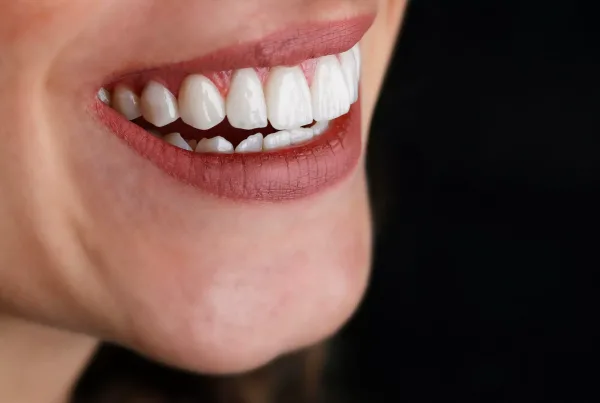Gum health can be negatively affected by various factors. Some of the common factors that can harm gum health include:
- Poor Oral Hygiene: Not brushing and flossing regularly can lead to the buildup of plaque and tartar on the gumline, which can cause gum inflammation and gum disease.
- Smoking and Tobacco Use: Tobacco use, including smoking and chewing tobacco, is a significant risk factor for gum disease. It reduces blood flow to the gums, impairs the immune response, and hinders the healing process.
- Gum Disease (Periodontal Disease): Untreated or poorly managed gum disease can cause damage to the gums and supporting structures of the teeth, leading to tooth loss if left untreated.
- Poor Nutrition: A diet lacking in essential nutrients, especially vitamin C, can weaken the immune system and make the gums more susceptible to infections.
- Dry Mouth (Xerostomia): Saliva helps in rinsing away food particles and bacteria from the mouth. A lack of saliva can lead to increased bacterial growth and a higher risk of gum disease.
- Stress: Chronic stress can weaken the immune system and contribute to gum inflammation and periodontal disease.
- Hormonal Changes: Hormonal fluctuations during puberty, pregnancy, menopause, and menstruation can make the gums more sensitive and prone to gingivitis.
- Certain Medications: Some medications, such as certain anticonvulsants, calcium channel blockers, and immunosuppressants, can cause gum overgrowth (gingival hyperplasia) and increase the risk of gum disease.
- Genetic Predisposition: Some individuals may have a genetic predisposition to gum disease, making them more susceptible even with good oral hygiene practices.
- Teeth Grinding (Bruxism): Excessive teeth grinding can put stress on the gums and lead to gum recession.
- Systemic Diseases: Certain systemic diseases, such as diabetes and autoimmune disorders, can affect gum health and increase the risk of gum disease.
- Poorly Fitted Dental Restorations: Ill-fitting crowns, bridges, or dentures can trap food and bacteria, leading to gum irritation and inflammation.
Maintaining good oral hygiene practices, visiting the dentist regularly, and adopting a healthy lifestyle can help protect gum health and prevent gum-related problems. If you notice any signs of gum disease, such as redness, swelling, bleeding, or persistent bad breath, it’s essential to seek professional dental care promptly.





